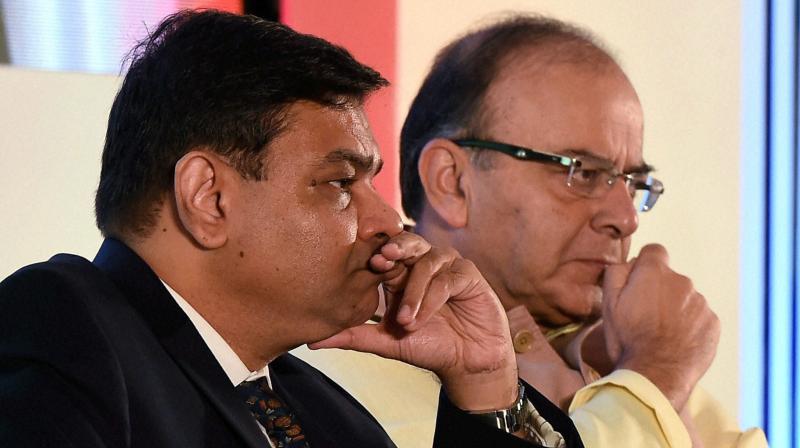Private investment needs a boost

The good news on the consumer price index (CPI) for September falling to a 13-month low, was almost overshadowed by the fall in the index of industrial production (IIP) in August by 0.7 per cent for the second month. The implication of the fall in IIP is serious because it signals that IIP may not pick up because private investment is still not happening. There is an urgent need for the government to see how private investment can be kick-started as it is also hampering growth. The economy as is well known is supported by consumer demand and government investment but this can hardly sustain growth. If real growth is to happen the private sector has to start investing in production and perhaps the continued growth in consumer consumption could lead to companies going in for production to get rid of their excess capacity. The excess capacity is estimated at 30 per cent.
This however does not take away from the achievement on the CPI front. Whilst this is thanks to a good monsoon, the efforts of various state governments, specially on increasing the acreage under cultivation of pulses and undertaking food distribution reforms cannot be ignored. Maharashtra for example liberalised trade in fresh foods and Karnataka has emerged as a leader in digital food markets as one rating agency pointed out. The price of pulses that rose 35 per cent was the most important factor pushing up inflation on the food front and had remained stubbornly high for the whole of last year. The fall in CPI is expected to continue, raising hopes that there will be a rate cut announced by RBI governor Urjit Patel in December. Food inflation is one of the significant inputs that the RBI watches when deciding the key policy rate as it concerns the common man. If the fall can be sustained it will give space to Dr Patel to lower rates and strengthen the call for lower interest rates by the people and industry.
The people would benefit as falling rates lead to easier payment schedules of monthly instalments whether for loans or on purchases. It would also lead to higher savings as families have money to save or invest. There are other factors too that the RBI will be looking at as there are new factors that have come into play. They are the effects of the Seventh Pay Commission part of which may be felt this fiscal depending on when the government chooses to implement it and the GST rate which is still to be announced. The figures being speculated on for GST range from 18 to as much as 24 per cent. Anything more than than 18 per cent will, it is said, be inflationary. The Union finance minister Arun Jaitley is in favour of 20 per cent or higher as he is concerned about shoring up his funds position.

